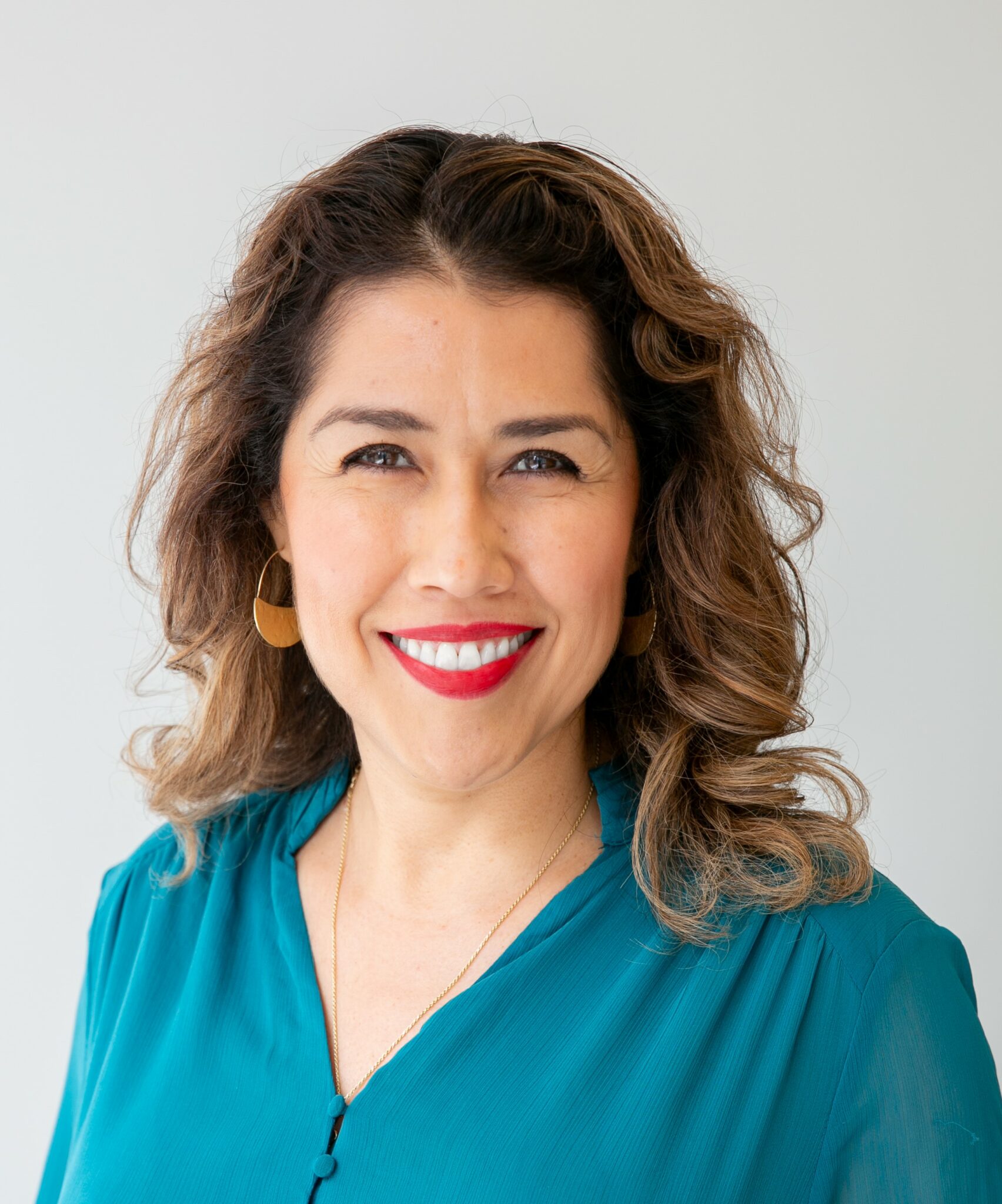If you’re a high school graduate or a seasoned professional deciding to switch careers, being interested in the healthcare sector is admirable. The healthcare field provides a combination of purpose, stability, and opportunities for learning, making it a rewarding career choice.
Among the plenty of roles within the healthcare industry, the position of a registered nurse (RN) combines clinical expertise with compassionate caregiving [1]. There are several ways how you can get a RN degree, but let’s talk about only one of them: starting your education with Bachelor of Science in Nursing (BSN) program.
Choosing a direct path to a BSN degree, instead of the path of getting an ADN first, followed by an RN license, and later pursuing a BSN, has several benefits. It simplifies your education and boosts your career opportunities significantly. A BSN degree provides you with a broad knowledge base and advanced skills, preparing you for the rapidly changing healthcare field. [2].
At Pacific College, we are in tune with these dynamics. In response to the burgeoning demand for BSN-qualified nurses and the manifold benefits of this educational path, we are proud to announce the launch of our pre-licensure BSN program. This program has been thoughtfully structured to provide a comprehensive nursing education, harmonizing practical skills with theoretical insights.
We want to highlight why a pre-licensure BSN program is a more favorable starting point for your nursing career. We’ll explore the advantages, such as increased career opportunities, a quality education, and improved patient outcomes, that come with beginning your nursing journey with a BSN degree.
Here are the 15 reasons why it’s better to start with a BS in Nursing instead of pursuing an RN license and then a BS in Nursing:
1. Comprehensive Education
A pre-licensure BSN program offers a more thorough educational experience compared to an Associate Degree in Nursing (ADN) program [3]. The BSN curriculum thoroughly covers all crucial aspects of nursing practice, cleverly combining a strong foundation of nursing skills and knowledge with a well-rounded liberal arts education. This special mix not only strengthens critical abilities like analytical thinking, effective communication, and cultural understanding, but it also holds great significance in the healthcare field. The comprehensive nature of this education equips BSN graduates with the essential capabilities to navigate the complexities of the diverse healthcare landscape with both effectiveness and efficiency.
2. Advanced Career Opportunities
Initiating your nursing journey with a BSN credential paves the way for an array of advanced and diversified career possibilities. Hospitals, clinics, and various other healthcare establishments typically favor nurses fortified with a BSN for specialized roles such as nurse educators, clinical nurse leaders, and even administrative positions. Furthermore, many academic healthcare environments mandate a BSN degree as a prerequisite for specific nursing roles. Consequently, obtaining a BSN notably broadens the scope of potential professional avenues within the dynamic healthcare field, significantly enhancing your career path.
Are you interested in becoming a holistic nursing professional?
Visit the links below to explore our holistic nursing programs:
3. Higher Earning Potential
A significant advantage of obtaining a BSN degree is the increase in earning. Nurses with a BSN qualification earn a higher salary compared to those with an Associate Degree in Nursing (ADN). The difference is due to the broader skill set and knowledge of BSN graduates. While the financial gap may vary depending on location and specific roles, it can lead to significant monetary rewards. The initial financial investment in a BSN program can prove to be a highly profitable long-term investment.
4. Improved Patient Outcomes
Research demonstrates that nurses with a BSN degree play an important role in improving patient outcomes. [4]. Studies have shown that hospitals with a higher percentage of BSN-qualified nurses experience lower mortality rates [5]. These findings highlight the significance of the BSN program’s education in making patient care. Because the program focuses on critical thinking and decision-making skills. This proves that the BSN-prepared nurses are raising the standards of healthcare delivery.
5. Better Prepared for Further Studies
If your career goals involve advancing to positions like nurse practitioner (NP), clinical nurse specialist (CNS), or nurse educator, a BSN degree provides an excellent foundation. Many master’s and doctoral nursing programs require a BSN as a prerequisite for admission. Starting with a BSN not only will help you to broaden academic horizons but also prepares you for new opportunities and growth as a nurse.
6. Ready for the Future
The healthcare field is constantly evolving, and nursing is an example of such adaptability. Recognizing the role of BSN-qualified nurses, the Institute of Medicine (IOM) recommended increasing the percentage of BSN-prepared nurses to 80% by the year 2020. [6]. Starting your nursing career with a BSN will make you competitive in the job market. This alignment future-proofs your career and positions you among the changing industry standards.
7. Less Time Investment
Choosing the educational path of earning an ADN, becoming an RN, and then going back to school for a BSN can be a long process. But, starting with a BSN from the beginning can speed up your journey into the professional world. This strategy saves time, allowing you to focus on gaining experience without balancing work and academics. It enhances your learning and practical nursing experience, leading to a smoother transition into your nursing career.
8. Greater Professional Development
BSN programs provide a broader platform for professional growth compared to ADN programs. They emphasize research, leadership, and community health, essential for advanced nursing roles. The knowledge and skills acquired prepare graduates for leadership positions and support their professional development. This approach nurtures their ability to lead, innovate, and adapt in the constantly evolving healthcare field.
9. Expanded Knowledge Base
A BSN program covers a much broader and deeper range of topics compared to an ADN program. BSN programs reach areas like public health, nursing research, healthcare policy, and ethics. This education equips BSN graduates with the necessary skills to handle the complexities of patient care. Their enriched knowledge base and diverse skill set enhance efficiency, making highly proficient nurses capable of delivering high-quality care in various complex healthcare situations.
10. Increased Flexibility
A BSN degree provides nurses with the skills and knowledge needed in various healthcare settings. Whether it’s hospitals, schools, community health centers, or corporate health programs, nurses with a BSN are well-prepared to meet the needs of different patient groups. This versatility showcases their adaptability and their ability to make significant contributions in multiple healthcare environments. BSN-prepared nurses become essential members of any healthcare team.
11. Enhanced Skill Set
BSN programs go beyond teaching care skills; they teach critical problem-solving, decisive decision-making, leadership, and management abilities. BSN graduates with these skills take challenges and adapt to the nature of the healthcare industry. This level of adaptability and proficiency is vital in maintaining and improving the quality of patient care.
12. Strong Network
Participating in a BSN program offers a chance to build connections with students, respected professors, and successful alumni. This network can be a strong support system throughout your academic journey and become a valuable resource for job opportunities and career advancement after graduation. The web of professional relationships you develop during this time can have a significant impact on both your personal growth and professional path.
13. Community Health Focus
One notable feature of pre-licensure BSN programs is their focus on community and public health. BSN-prepared nurses promote health and prevent diseases at the grassroots level, making significant contributions to the overall health of their communities. Their expertise and dedication to community health make them foster healthier populations.
14. Potential for Higher Job Satisfaction
The education provided by BSN programs often results in higher levels of job satisfaction. Nurses with a BSN degree tend to feel more confident and well-prepared to handle the complex challenges of their roles. This increased sense of readiness and competence can lead to greater job satisfaction and lower turnover rates. The extensive training offered by BSN programs not only improves professional competence but also significantly contributes to long-term career fulfillment.
15. Prestige and Respect
Obtaining a BSN degree is an accomplishment that earns respect within the healthcare community. It demonstrates a strong commitment to delivering patient care and a dedication to lifelong learning, essential principles in nursing. Achieving a BSN degree boosts your professional reputation and showcases your devotion to upholding the highest standards of patient care and ongoing professional growth.
Ignite Your Nursing Career: Join Pacific College’s BS in Nursing Program
Pacific College introduces the pre-licensure BSN program, designed with a progressive curriculum. This program reflects the latest advancements in healthcare and aims to equip you with the perfect blend of theoretical knowledge and practical skills for a successful nursing career.
Our approach goes beyond traditional textbooks, incorporating experiences, ethical discussions, leadership training, and evidence-based practice. Our faculty consists of accomplished professionals dedicated to equipping you with skills.
Enrolling in our program also grants you access to clinical experiences, offering valuable insights into real-world nursing demands and shaping you into confident, competent, and compassionate nurses.
We take pride in fostering an inclusive academic environment that celebrates diversity among our students. We believe that such diversity enriches the educational experience and prepares students to provide patient-centered care in multicultural healthcare settings.
If you have a strong desire to make a positive impact on lives, are ready to face challenges, and are committed to lifelong learning, we invite you to join our new BSN program.
Pacific College offers you an exceptional opportunity to begin a path toward a nursing career. By choosing the pre-licensure BSN program, you can pave the way for a future aligned with your aspirations, where you can truly make a difference in the lives of others. Your nursing career starts here, at Pacific College.
Featured Posts:



